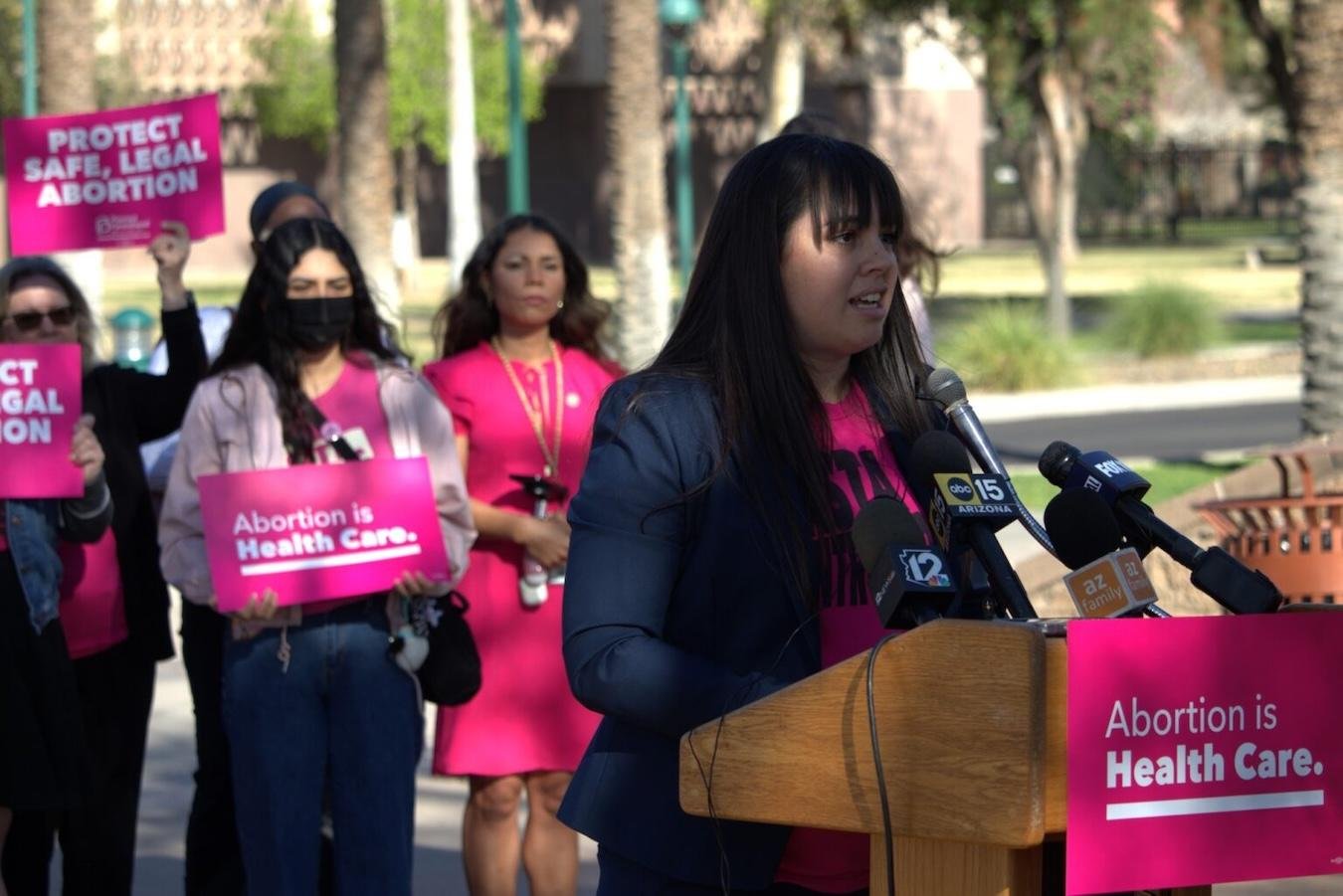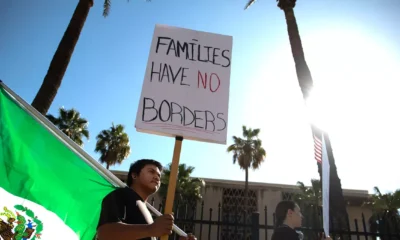Business
Arizona’s Constitutional Amendment Fails to Erase Anti-Abortion Laws from the Books

A significant majority of Arizona voters endorsed Proposition 139 last year, solidifying abortion as a constitutional right. Despite this, numerous anti-abortion laws persist, and Republican lawmakers are actively pursuing new restrictions.
Over 60% voted for Proposition 139, amending the Arizona Constitution to secure abortion access up to fetal viability and beyond in some circumstances. This landmark decision empowered reproductive rights organizations to challenge existing restrictions in court, leading to a lawsuit within weeks aimed at a 2022 law banning abortions after 15 weeks. Recently, a ruling from a Maricopa County Superior Court judge rendered that law unconstitutional, highlighting Prop. 139’s dominance.
Nevertheless, reproductive rights advocates have not yet targeted the multitude of remaining laws obstructing abortion access. Instead, they seem to rely on a legislative repeal effort led by Democrats, coupled with hopes for a shift in power in the 2026 election where Democrats may regain control of both legislative chambers and the governorship.
In a recent press conference, Erika Mach, chief external affairs officer for Planned Parenthood Advocates of Arizona, took aim at GOP lawmakers for disregarding the voter mandate from Prop. 139. “We will use every tool we have to hold these lawmakers accountable,” she stated. “You cannot ignore the people and not be held accountable. We will see you at the ballot box in 2026.”
Despite the public support for Prop. 139, Republican legislators are pressing forward with new abortion restrictions. Proposed legislation includes increased requirements for physicians before they can prescribe abortion pills, such as mandating in-person examinations. Additionally, other bills aim to restrict healthcare providers from discussing abortion with Medicaid patients or threaten funding cuts for violating these mandates.
On the other side, Democrats have put forth proposals aimed at repealing these restrictive measures, including the telehealth ban and postal prohibitions on abortion pills. However, these bills have stalled in committee, largely due to Republican control over the legislative agenda. While Democratic initiatives face significant hurdles, any anti-abortion legislation that advances is likely to face a veto from Governor Katie Hobbs, a staunch proponent of abortion rights.
Rep. Stephanie Stahl Hamilton, D-Tucson, acknowledged the importance of Prop. 139 but emphasized the ongoing challenges posed by existing restrictions. “It’s absurd that we’re still debating new laws on abortion care,” she remarked. “We cannot, must not stop until we have changed the power dynamic in our legislature.”
While pursuing legislative repeal may be more efficient than court challenges, reproductive rights organizations are progressing cautiously. Amanda Mollindo from the ACLU of Arizona mentioned ongoing discussions to assess which laws warrant legal action next. Meanwhile, over 40 restrictions remain enforced, including a 24-hour waiting period and telehealth limitations.
Some anti-abortion laws in Arizona have been subject to ongoing litigation. A federal appeals court recently revived a challenge against a law penalizing doctors for performing abortions based on fetal genetic abnormalities. Legal representatives from various organizations are preparing to confront the remaining laws if legislative efforts falter.
Gail Deady, a senior attorney with the Center for Reproductive Rights, underscored the urgency for lawmakers to heed the mandate of Prop. 139. “If the legislature does not repeal these laws, we will pursue litigation,” she warned. “We will not allow unconstitutional laws to remain in effect.” The responsibility lies with the legislature, she concluded.


















